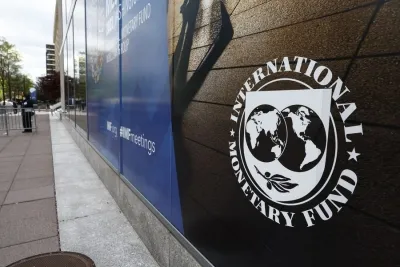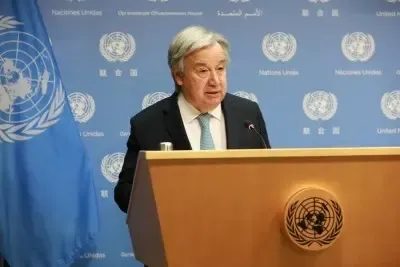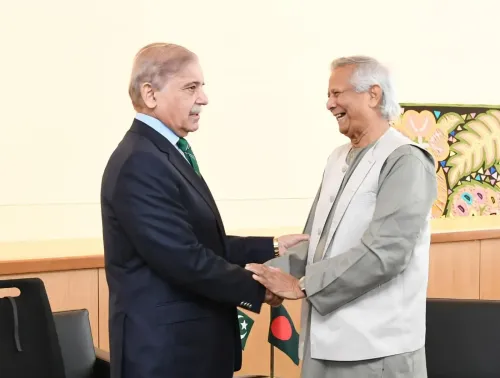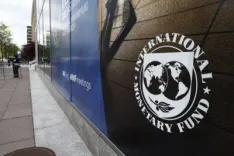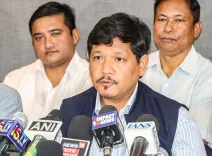How Will G20 Summit Impact Cooperation Between South Korea, India?

Synopsis
Key Takeaways
- Strengthened bilateral relations between South Korea and India.
- Focus on economic cooperation and defense industry collaboration.
- Initiatives proposed for electronic voting for overseas Koreans.
- High-level talks involving influential global leaders.
- Opportunities for cultural exchanges and mutual growth.
Johannesburg, Nov 23 (NationPress) South Korean President Lee Jae Myung engaged in consecutive discussions with Indian Prime Minister Narendra Modi and Brazilian President Luiz Inacio Lula da Silva during the Group of 20 (G20) summit held in Johannesburg, South Africa, to explore avenues for enhancing bilateral collaboration, as stated by South Korea's presidential office on Sunday.
During his dialogue with PM Modi, Lee expressed a desire to cultivate stronger ties in the fields of economy, culture, security, and people-to-people exchanges, according to the office.
Modi commended South Korea's advanced expertise in shipbuilding and highlighted the importance of a small-group cooperative framework with South Korea in progressive sectors, including shipbuilding. He also conveyed hopes to augment collaboration in the defense industry, as reported by the office.
"The two leaders concurred on the necessity to enhance bilateral cooperation in diverse areas, including artificial intelligence and the defense sector, and to initiate working-level discussions," the office mentioned in a statement.
Modi extended an invitation for Lee to visit India, and Lee expressed eagerness to travel to India to foster bilateral relations, as noted.
Separately, Lee conferred with Lula to investigate means of strengthening cooperation between their governments in the realms of economy, culture, and security, as well as within their private sectors.
They shared perspectives on economic policy, income redistribution, and democracy, and exchanged invitations for visits to each other's nations, the office reported.
On the sidelines of the G20 summit, Lee also conducted individual meetings with French President Emmanuel Macron and German Chancellor Friedrich Merz on Saturday.
Lee announced that his administration would explore options to enhance voting rights for overseas Koreans, including the possibility of implementing electronic voting.
Addressing Korean nationals residing in South Africa, Lee acknowledged that many of the approximately 4,000 Koreans in the nation had to travel extensively to vote due to the sparse locations of polling stations and proposed the introduction of an electronic voting system to ease their burden.
"In reality, there are no issues with electronic voting. Political parties utilize it to elect their leaders," Lee remarked. "Its reliability has already been confirmed, thus there are no concerns."


